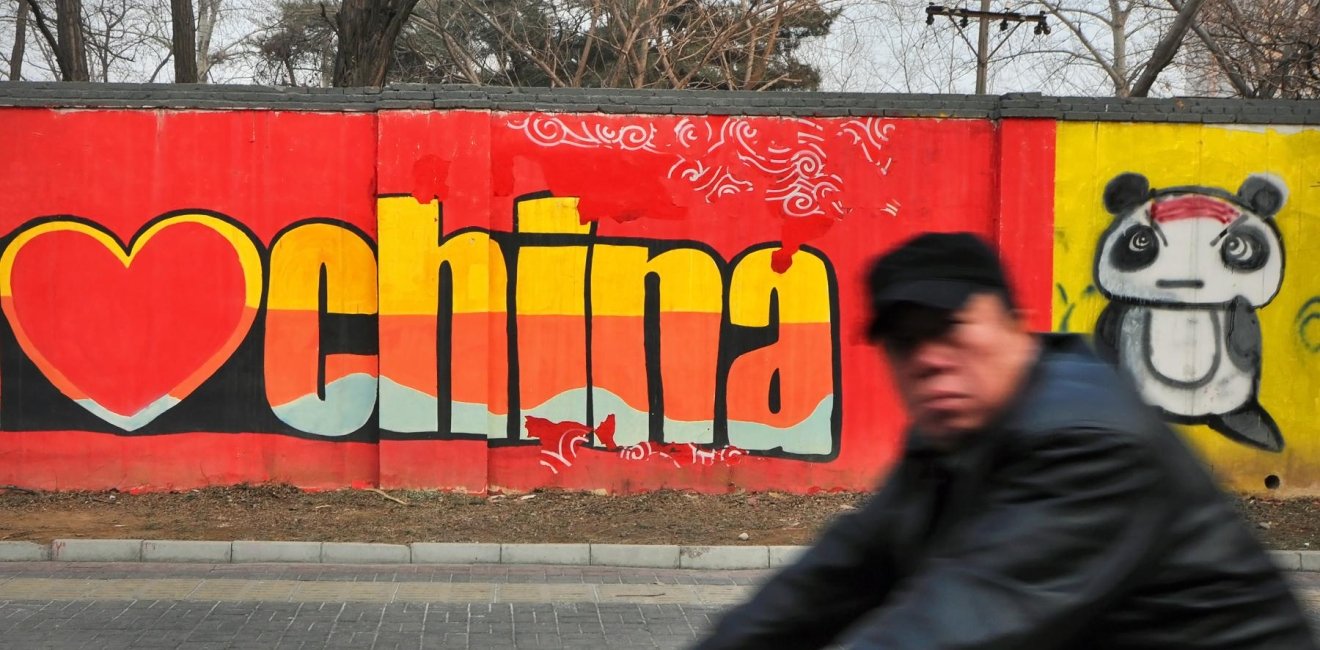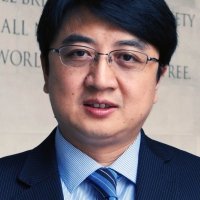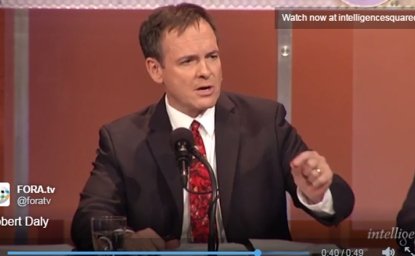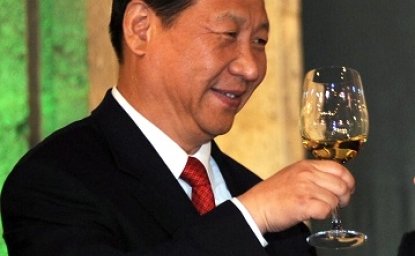The New Nationalism: 'Make My Country Great Again'
Kissinger Institute Global Fellow Zheng Wang comments on the potential and limits of "make my country great again” nationalist philosophy.
Kissinger Institute Global Fellow Zheng Wang comments on the potential and limits of "make my country great again” nationalist philosophy.

This article was originally published in The Diplomat.
While speaking with a Chinese journalist recently about the American presidential election, he asked me what the best way was to translate Donald Trump’s election slogan, “Make America Great Again!” The two of us discussed several Chinese wordings that might be a suitable translation of this saying, and I suddenly realized this slogan is actually the exact same as Chinese president Xi Jinping’s slogan of “realizing the great rejuvenation of the Chinese nation.” Rejuvenation, of course, means the same as to make great again or to revive past greatness. Then I also realized “make my country great again” is actually a popular political slogan globally. Japan’s Shinzo Abe, India’s Narendra Modi, and Russia’s Vladimir Putin all frequently mention something similar to this. What we are actually experiencing is a “make my country great again” nationalism that exists in several major powers of the world.
The use of this word “rejuvenation” underscores a very important point: the Chinese see themselves as returning to greatness or past glory, rather than rising from nothing.
Around the world people always speak of China’s rise, but the Chinese like to use a different word: rejuvenation. Xi called it the greatest dream of the Chinese nation. This slogan, referred to as the China Dream, has become the political manifesto and signature ideology of Xi’s administration since he came into power three years ago. The use of this word “rejuvenation” underscores a very important point: the Chinese see themselves as returning to greatness or past glory, rather than rising from nothing. I believe this is also the same reason that Trump says “make America great again” rather than “make America great.” In the last few decades China has been developing at a tremendous speed. For example, China’s economy now is 24 times larger than it was in 1989. However, the Chinese are still unsatisfied with this progress and still believe they are on the way to restoring their past greatness. And for many Americans, including Donald Trump, “Make America Great Again” is to signify the end of America’s decline in power, and to make efforts in restoring the United States’ past greatness.
Xi’s “China Dream” is often labeled as Chinese nationalism, and to some extent Donald Trump’s campaign represents a rise of new American nationalism. The Trump campaign indeed emphasizes a strong U.S. first and protectionist policy, and underscores an “us versus them” mentality. However, it should be noted that while the term nationalism is often associated negatively, it can actually play a positive role. Positive nationalism has driven many good social changes in the world. And in fact we can see the banners of nationalism are currently flying highly in many major powers. Abe is working hard trying to stop Japan’s stagnation and to jump-start Japan’s economy to return to its former might of the 1970s and 80s. In New Delhi, Modi is also calling for a national campaign to push India on to a faster track of development. And in Moscow, Putin has been trying for many years to mobilize his people in the wake of the Soviet Union’s fall and to restore the luster and strength associated with the czarist era of the Russian Empire and Peter the Great. It’s a global wave of nationalism associated with the rise and fall of the great powers.
It is completely understandable that each country strives to make itself better and greater for its people. However, there are two concerns in terms of “make my country great again” nationalism. First, the varying contents of each nation’s dream could lead to a “clash of dreams.” When countries’ dreams differ, and especially when nations view one another as being an obstacle in the path of rejuvenation, there exists the possibility of conflict. We can see this type of clash of dreams now between China and Japan, and China and the United States. The second concern is that while strong leaders may play a very powerful role in moving their country forward, when there exists a group of ambitious leaders in power at the same time, history states that there could be dangerous outcomes.
Behind the slogan of “make my country great again” what is actually being said is that a group of countries are not satisfied with their current status and condition and want to change the situation. In other words, not being satisfied with the status quo, these states are preaching revisionism. In the past, conflict has often arisen between revisionist and status quo nations. But now the situation is even worse because no country seems fully satisfied with the status quo. Even more, each country has a different agenda, priorities, and methods for its idea of revision. This is a huge problem for the future of international relations.
Moreover, there are major debates inside each of these powers. While people are unhappy with their country’s current situation, they also disagree on the issues for change. As Senator Marco Rubio has said, the 2016 election is an election about American identity. From Donald Trump’s campaign to Bernie Sanders’ campaign, we can actually see there is a major internal debate and disagreement in the United States about the basic question of identity—what is the United States? There are also very contentious debates inside China, Japan, India, and Russia regarding their country’s future orientation. For example in China people are discussing whether the “China Dream” is just about wealth and power, or if it should also include constitutional democracy. In the United States people are also debating whether Washington should follow an “America first” policy concentrated on domestic issues, or if the U.S. should be a globally oriented world leader. In fact, the entire world is closely watching the 2016 U.S. presidential campaign, as the result of the election will indeed have a major and profound impact on the future global affairs.


The Kissinger Institute works to ensure that China policy serves American long-term interests and is founded in understanding of historical and cultural factors in bilateral relations and in accurate assessment of the aspirations of China’s government and people. Read more



